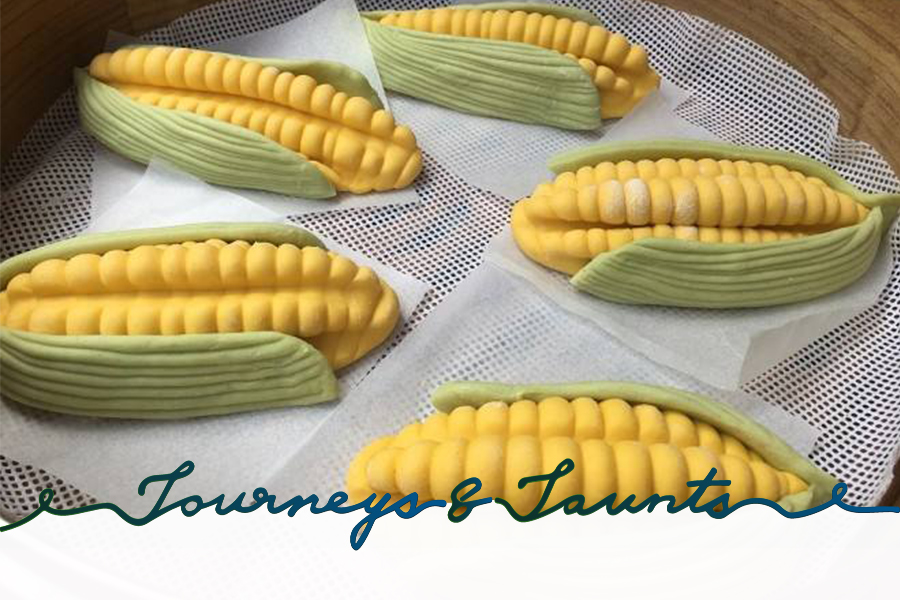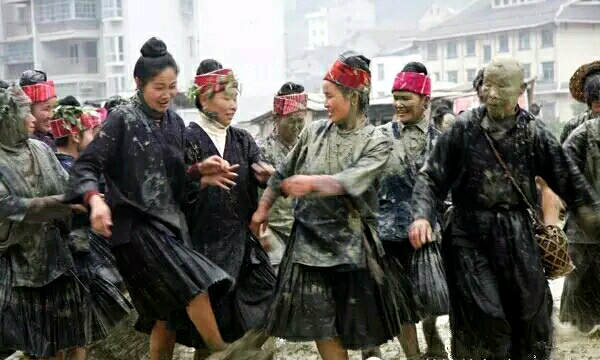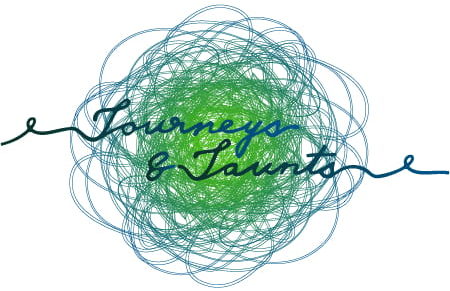After the Grain Buds we are entering the period of the ninth solar term. The name of a new one is Grain in Ear – 芒种 (mángzhòng in pinyin). It happens in the beginning of June every year, when the sun reaches the celestial longitude of 75 degrees. In 2022, Grain in Ear starts on June 6th and finishes on June 20st. In this solar term, most parts of China experience the hottest time of summer and the areas around the Yangtze River enter the rainy season during this time.

What is Grain in Ear
Thousands of years ago, the 24 solar terms were created to arrange agricultural work and people’s life. Even nowadays, these traditions remain helpful, especially in rural areas. Grain in Ear is no exception – this solar term marks the ripening of crops (especially wheat), as well as starting off the rice planting season. An agricultural proverb says “If you don’t plant rice in Grain in Ear, planting will be in vain.” Therefore, farmers are in a hurry to cultivate their seeds to ripen them during the best season. No wonder that the solar term is translated by Chinese as “busy planting”. In Chinese, 芒 & 忙 are both pronounced máng, 忙 means busy.

Three pentads
The first pentad, 螳螂生(tángláng shēng in pinyin) can literally be translated as “mantes are born”;
The second pentad, 鵙始鸣(jú shǐ míng in pinyin) means that “the shrikes start to sing”. Shrike is a small, carnivorous song bird. Chinese tradition says that the shrikes like yinqi (energy from the earth), so when the yinqi rises up, they start to sing;
The third pentad, 反舌无声(fǎn shé wú shēng in pinyin) literally translates to “the mockingbirds will be silent”. The mockingbirds, in opposition to the shrikes, do not like yinqi, so during this time, the mockingbirds stop their singing.

Traditions during Grain in Ear Solar term
Being one of the main agricultural regions, the southeast of China holds a traditional farming ceremony which dates back to the Ming Dynasty. This ceremony is called An Miao (meaning “seeding protection”) and it is usually held after the rice planting period is finished. People make steamed buns in different shapes and color them with vegetable juice. They offer this shaped colored buns to the god of harvest as a sacrifice for a good harvest and the safety of the villages.

For wine lovers, Grain in Ear Solar term is the season of making plum wine. Why? Very easy – beginning of June is the time when plums in the south of China become ripe. These fruits contain a big variety of natural acids, minerals and vitamins, which help with cleaning blood, decreasing cholesterol in the body and helping the eyes. However, fresh plums have an acerbic taste and have to be boiled (some add sugar) before eating.

In the Dong minority (Dòngzú in pinyin) in the southeast of China, there is a tradition of mud fights during the Grain in Ear term. Young people (usually newly weds and their friends) throw mud to each other while transplanting rice by hand on the day of Mángzhòng. In the end, the person who is mostly covered with mud is the most popular one. Not sure what exactly this has to do with the Grain in Ear, but tradition is tradition 😉

Food for Grain in Ear Solar term
The weather is very hot during the Grain in Ear period, therefore Chinese people recommend to eat fruits and vegetables of a cooling nature. Such as tomatoes, cucumbers, eggplants, celery, asparagus, watermelon and strawberries. According to traditional Chinese medicine, all cool-nature fruits and veggies contain a lot of natural and nourishing water, which helps eliminate heat in the body and support digestion. Try to avoid spicy and strongly flavored food during the Grain in Ear period. If you frequently feel thirsty and tired – eat less lamp, pork, hot peppers and onions during this time.

Hope this article was fun for you to read and get to know more of the traditional Chinese culture. It is summer time, keep our tips and enjoy the precious long sunny days and short fresh nights!





Pingback: 24 Solar terms - Introduction | Journeys & Jaunts